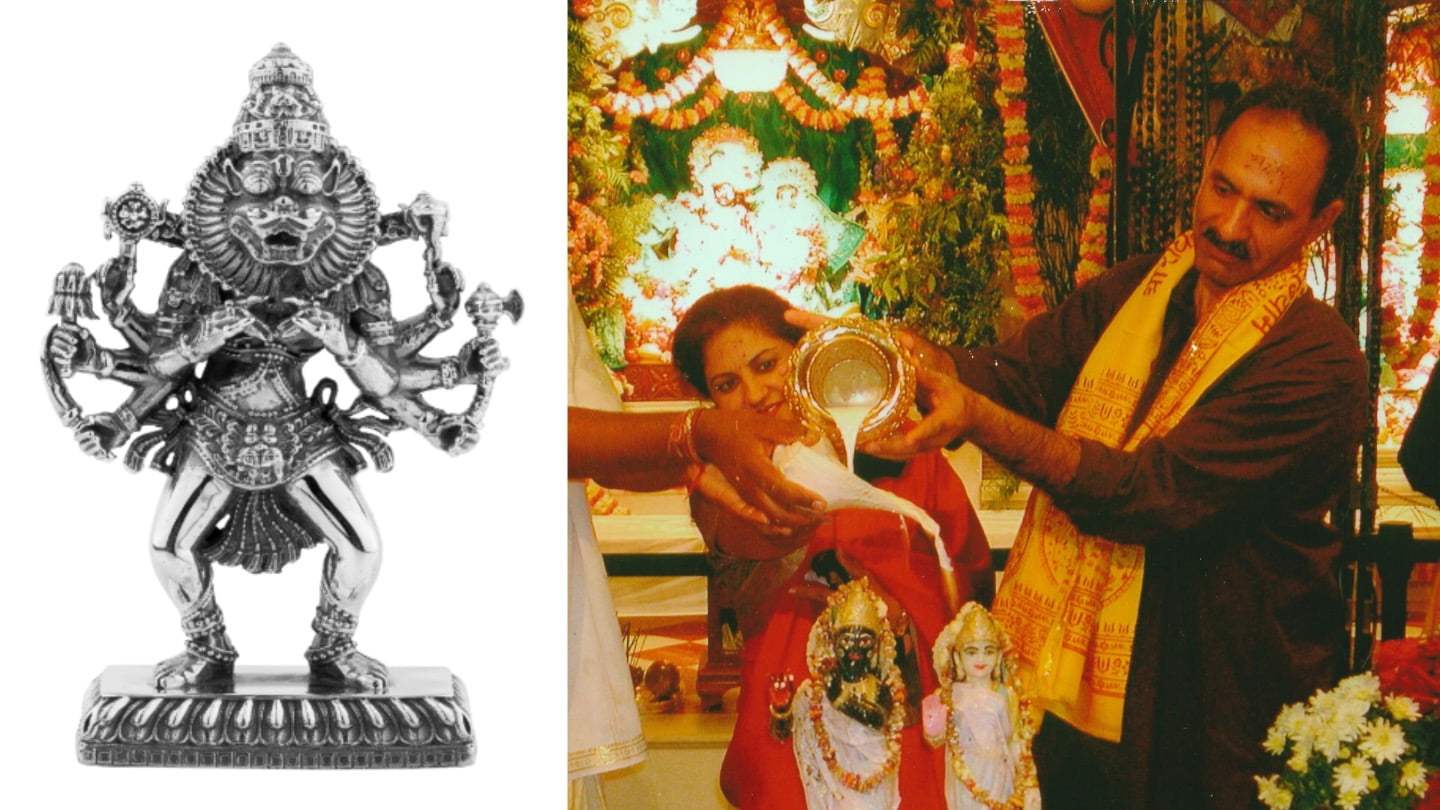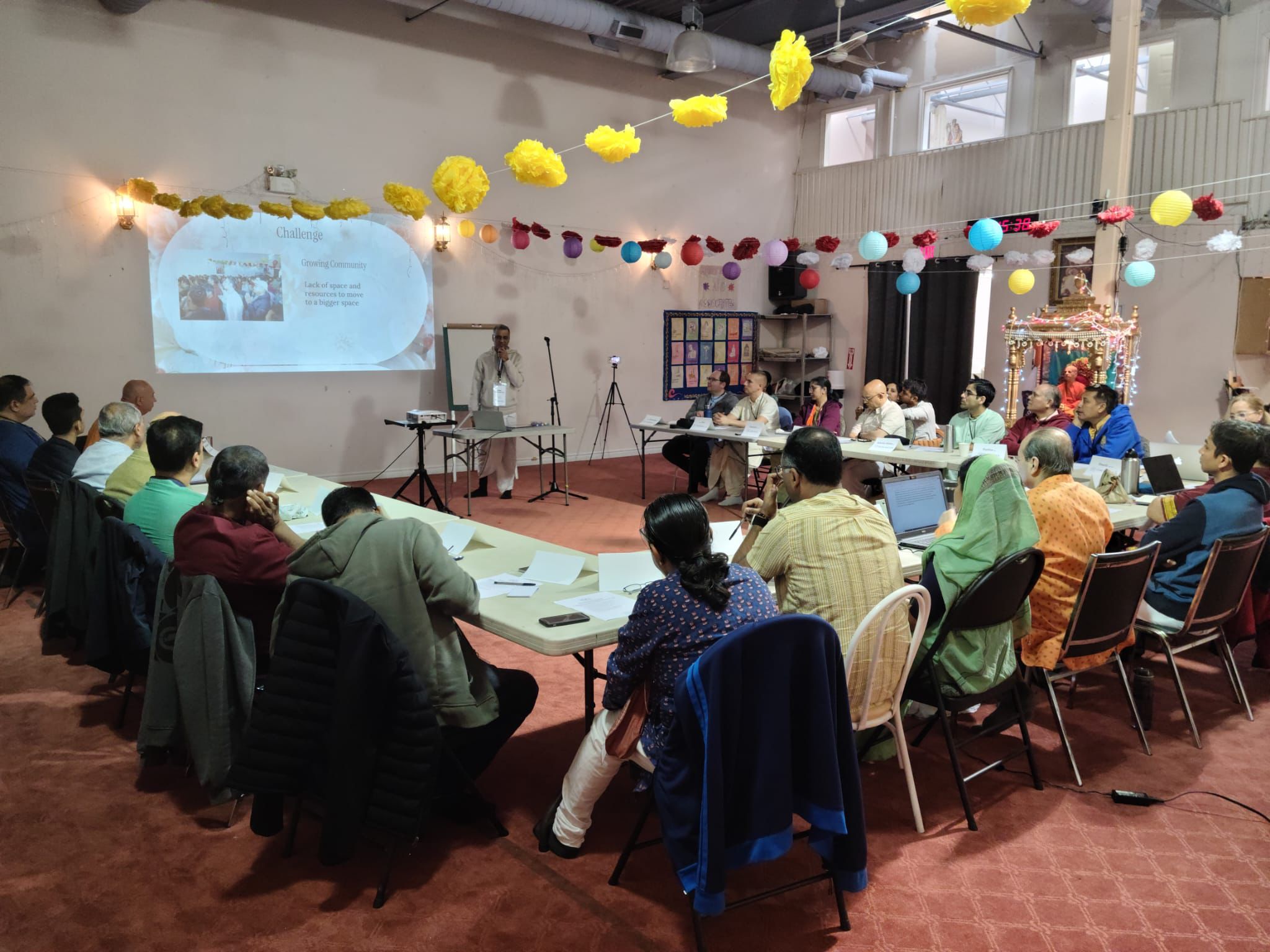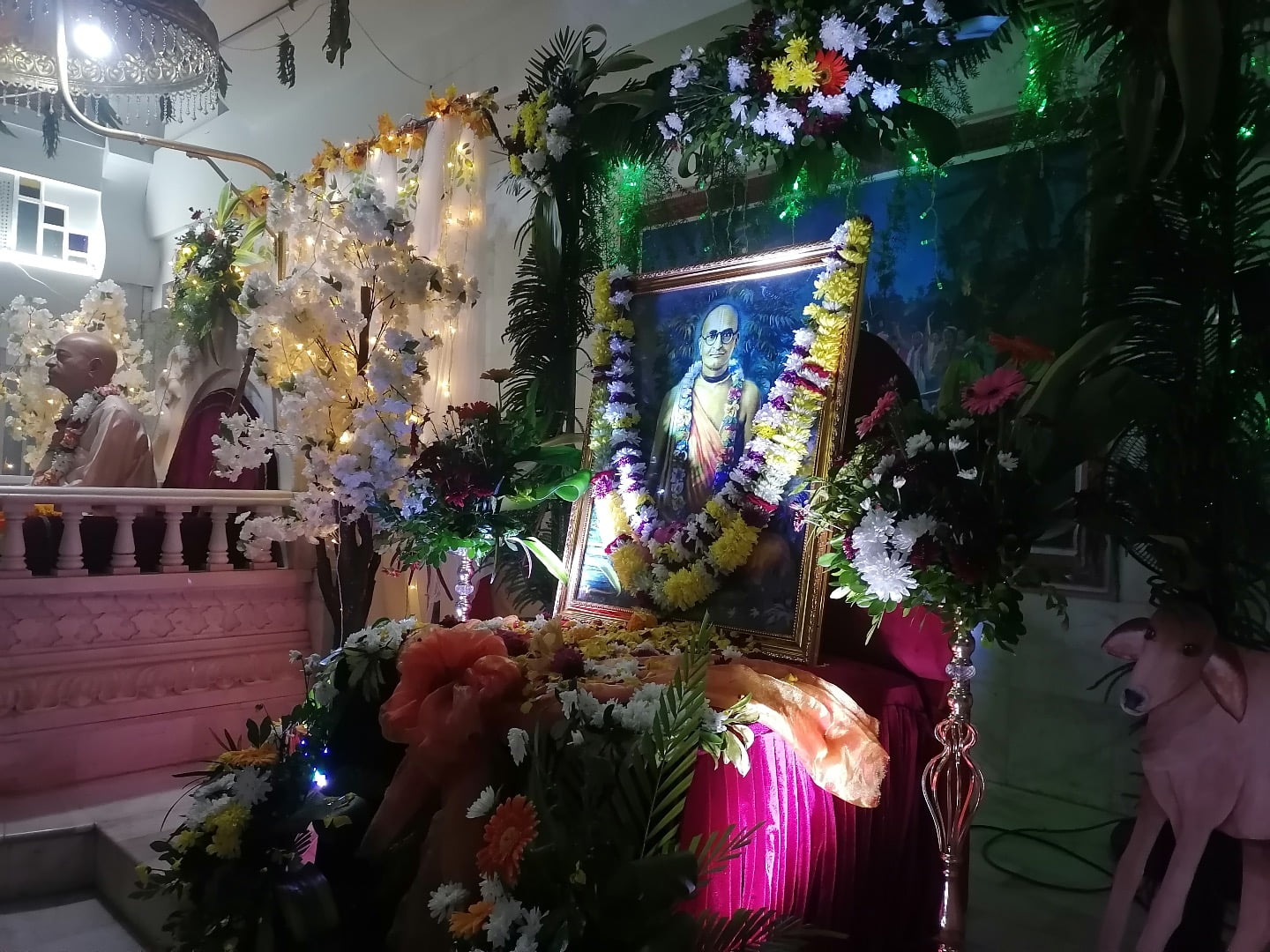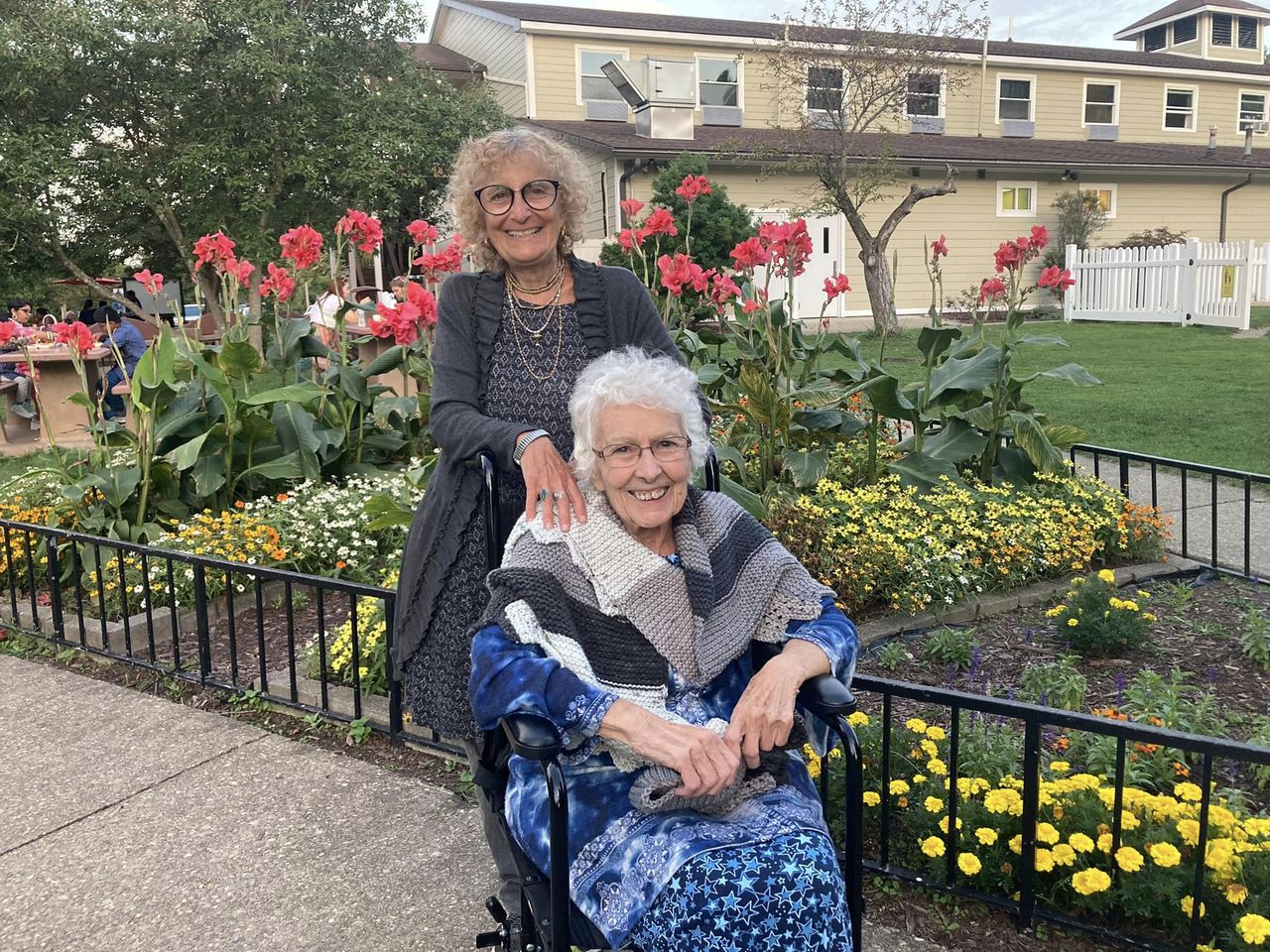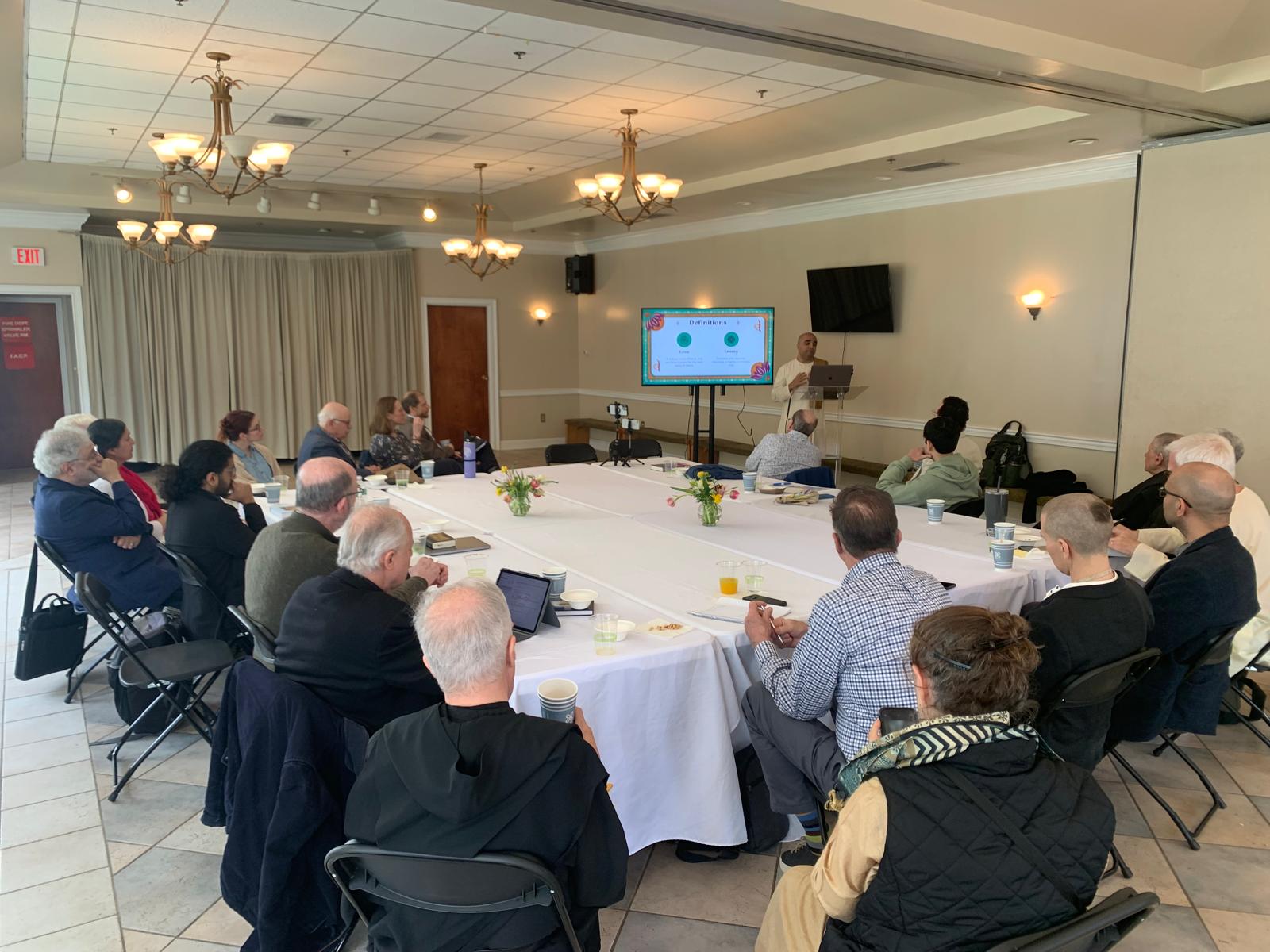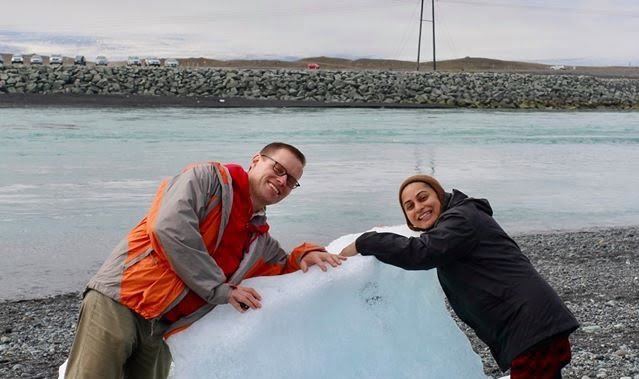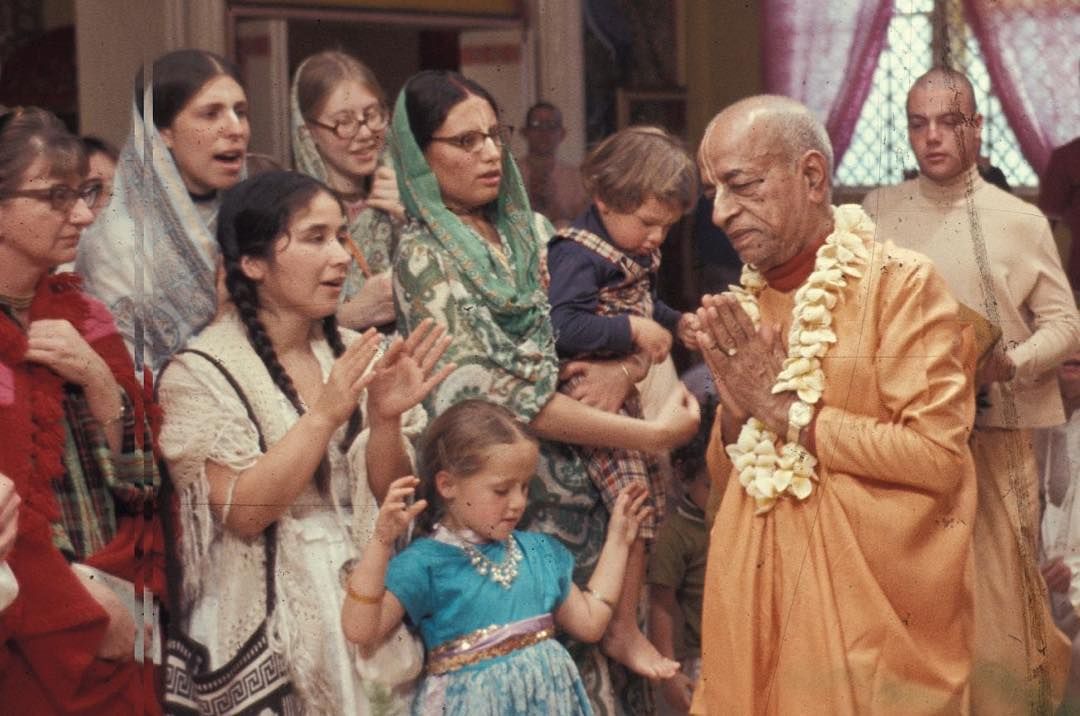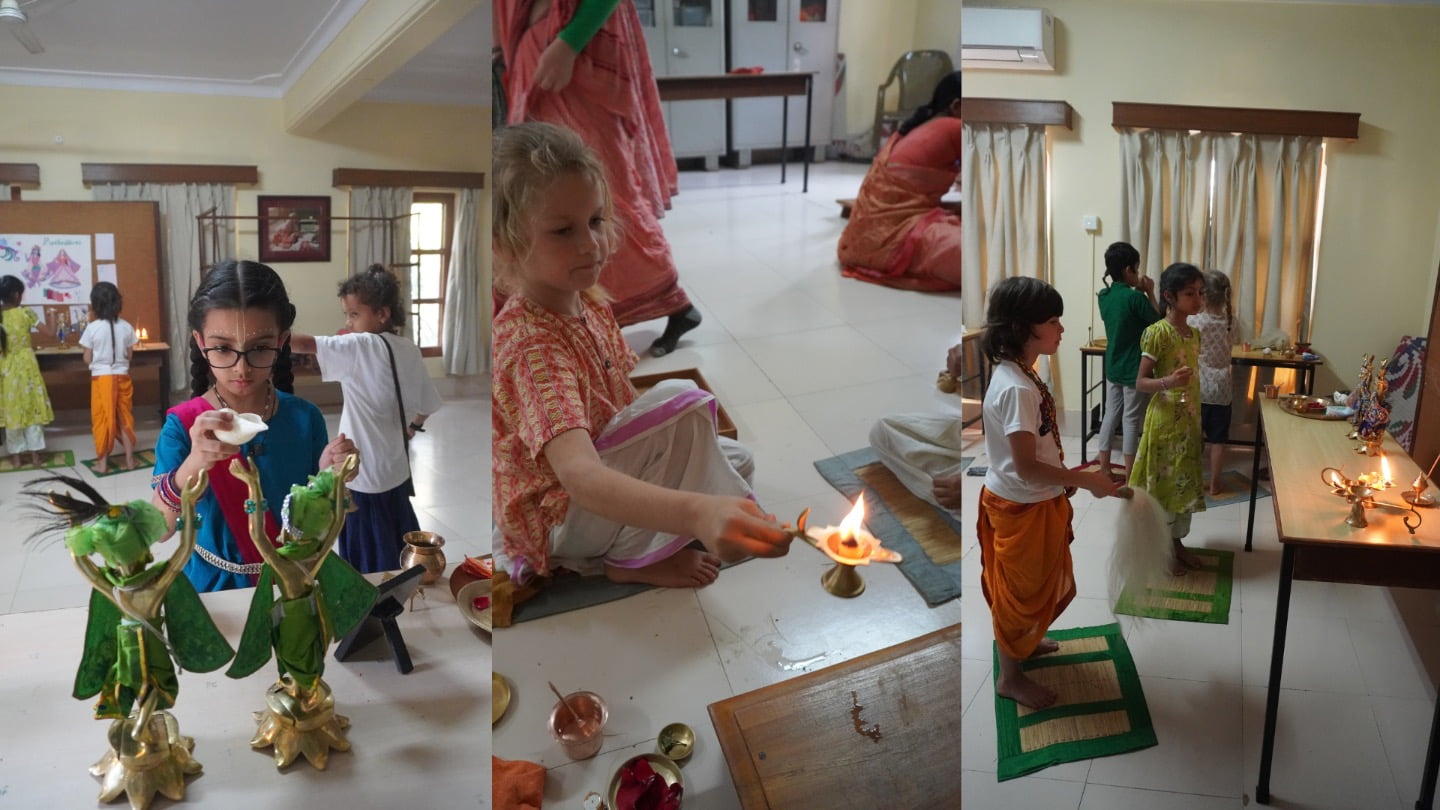Burgeoning Eco-River Crisis Threatens New Delhi and Beyond
By Kancana-valli Dasi | Jul 28, 2012
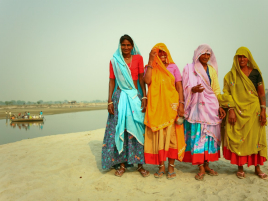
The inhabitants of New Delhi, India, and the cities, towns and villages downstream of New Delhi, are in the midst of an escalating ecological crisis: the United Nations website (UN-HABITAT) has declared that the river south of Delhi, the Yamuna River, is officially dead. The reason for this is the water flowing through and out of Delhi is, effectively, sewage.
The Yamuna, one of India’s sacred rivers also flows through the world’s largest river basin – the Ganga river basin – with a population of hundreds of millions of people. Many of the cities, towns and villages downstream of Delhi draw their drinking water from the river. They also depend on it for bathing, and for their economic needs and religious rituals. These towns include Agra, home to the Taj Mahal, one of the “Seven Wonders of the World,” Allahabad, an important sacred town where up to 70 million pilgrims assemble every six years for the Kumbha Mela festival, and Vrindavan, one of India’s most sacred sites and the birthplace of Lord Krishna who is worshipped as the Supreme Lord by millions of faithful.
“People who are actually suffering from this don’t really have a voice. It’s the people downstream who suffer, the poorer people, the fishermen, the people who are falling sick,” said Manoj Nodkarni of the Centre for Science and Environment. “We do so much for Aids and cancer and cardiac problems, but the biggest killer in India is still water-borne diseases and these are preventable deaths.”
Almost all of the water from the river Yamuna has been diverted away from its natural river bed before it reaches New Delhi. The water coming from that flows through and out of Delhi is raw and partially treated sewage from Delhi’s Shahdra drain, and other smaller drains both domestic and industrial.
A report compiled in 2006 by the Central Pollution Control Board of the Indian Government stated there is “almost no fresh water in the river” from Delhi on. The report also stated that for 580 kilometers of river south of Delhi’s Wazirabad barrage the river is “critically polluted… This stretch is characterized by high organic contents, high nutrients, significant depletion or increase in dissolved oxygen, severe odours etc. The 22 km long Delhi stretch is polluted severely.” A subsequent report in 2009 from states, “Once the river flows past the city, there is no oxygen present in the river… But what is worrying is the fact that even during monsoon, the river is not able to rejuvenate itself… There is no doubt that the river is a cesspool for Delhi’s waste.”
The quality of ground water, water from wells, is also being seriously affected in the region because this water is replenished from the river. The effect on those living near the river is potentially disasterous.
An estimated 500,000 people in New Delhi now carry antibiotic resistant bacteria. Medical authorities have expressed concern that the rapid spread of this bacterium could imperil all kinds of routine medical procedures that depend on the ability to treat infections. “If resistance destroys that ability,” British health official David Livermore told The Wall Street Journal, “then the whole edifice of modern medicine crumbles.”
An article in the British medical journal The Lancet further warned that bacteria in New Delhi drinking water carry a gene, NDM-1 (New Delhi metallobetalactamase), for an enzyme that conveys resistance to almost all known antibiotics. Disease resistant bacteria turned up “in public water used for drinking, washing and food preparation and also in pools and rivulets in heavily populated areas where children play,” according to lead author Tim Walsh of Cardiff University.
According to Government figures, 11.3 million pilgrims visited sacred towns on the Yamuna in 2010 to bathe in and drink its water with faith and devotion. What these pilgrims do not know is that the real river ends many miles north of Delhi and what they are drinking is untreated sewage and drainage water.
There has been a considerable amount of sympathy for the cause amongst politicians in India, but still no solution has been reached.
In May 27, 2012 The Hindu, a prominent Indian newspaper, reported that two pilgrims, a mother and daughter, died and two other family members fell ill, while bathing in the Yamuna near Vrindavan. After entering the river they started vomiting and, although rushed to the district hospital, they died soon after.
Until a substantial amount of fresh natural water is allowed to flow the river cannot purify itself, and, south of Delhi, millions of people will be forced to drink heavily polluted water. This is despite the fact that north of Delhi the water quality has been described as “quite good” by the governments own body on pollution.
Currently, advocates for the river are mobilising support from organisations in India, and from the Indian diaspora, around the world. Brajraj Sharan, spokesperson of Save Yamuna, says, “The river water can be easily returned. There are solutions available. All we need to save our most sacred heritage is the political will to do so.”
ISKCON’s GBC Executive Committee Endorses the Save the Yamuna Project (June 21, 2012)
The GBC Executive Committee offers its appreciation to the Save Yamuna River Project and Brajraj Sharan prabhu. The Yamuna is a sacred river for all devotees of Lord Krishna and members of the broader Hindu faith.
It is a sad fact that 97% of the river has been directed away from its natural path and the section of water now flowing through the land of Vrindavana is but run-off and sewage from the city of New Delhi. We note that the Supreme Court of India, Indian environmental officers and other Government officials have endorsed the need for the river to flow freely.
The Yamuna should be allowed to follow her natural course for the health of the people, the benefit of the environment, and for the spiritual elevation of Vraja’s pilgrims. We endorse the efforts of the Save Yamuna River project. We encourage all members of ISKCON, especially ISKCON leaders, to offer their full support, prayers and cooperation in this noble effort the protection of Mother Earth and the service of Lord Sri Krishna.



